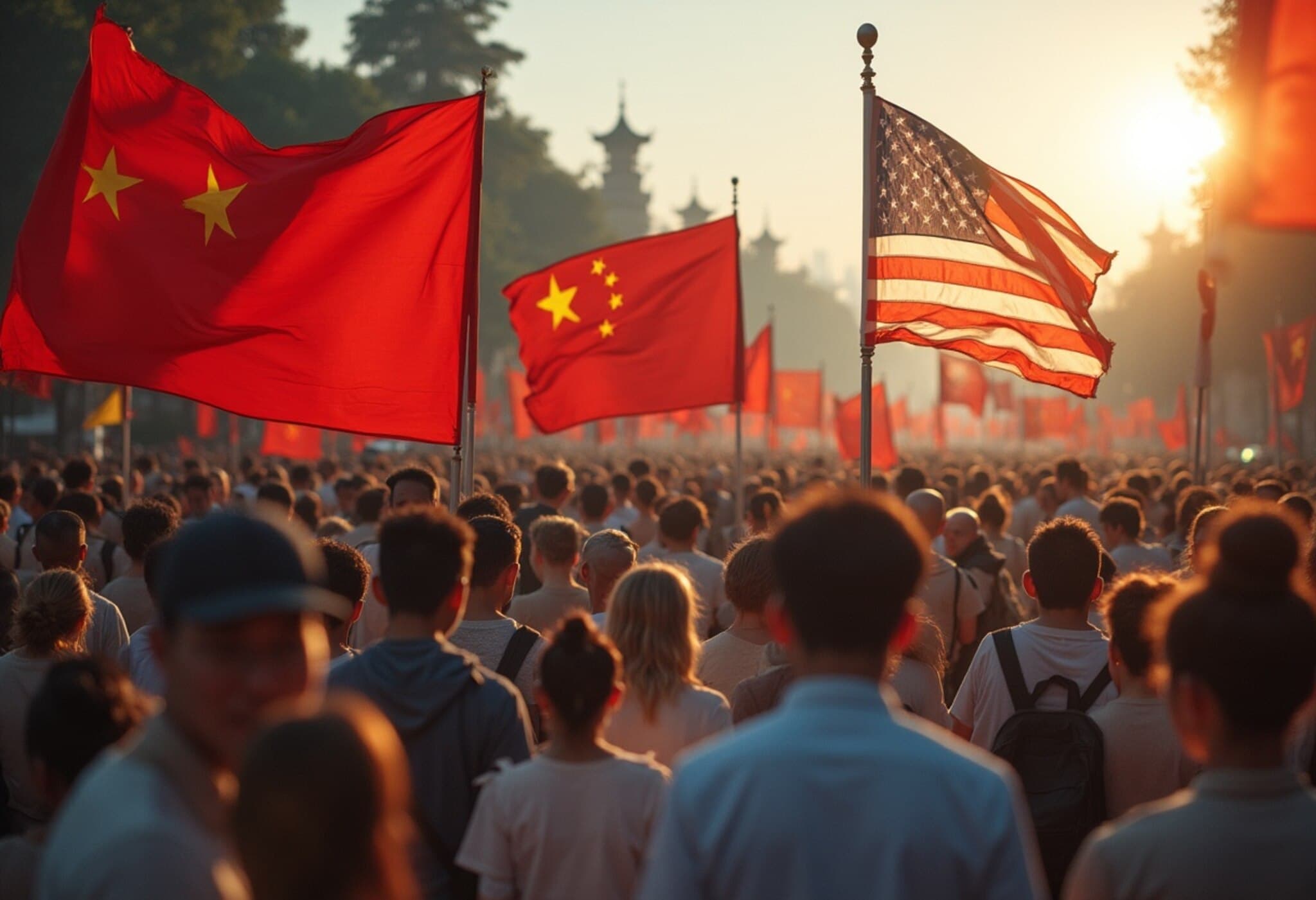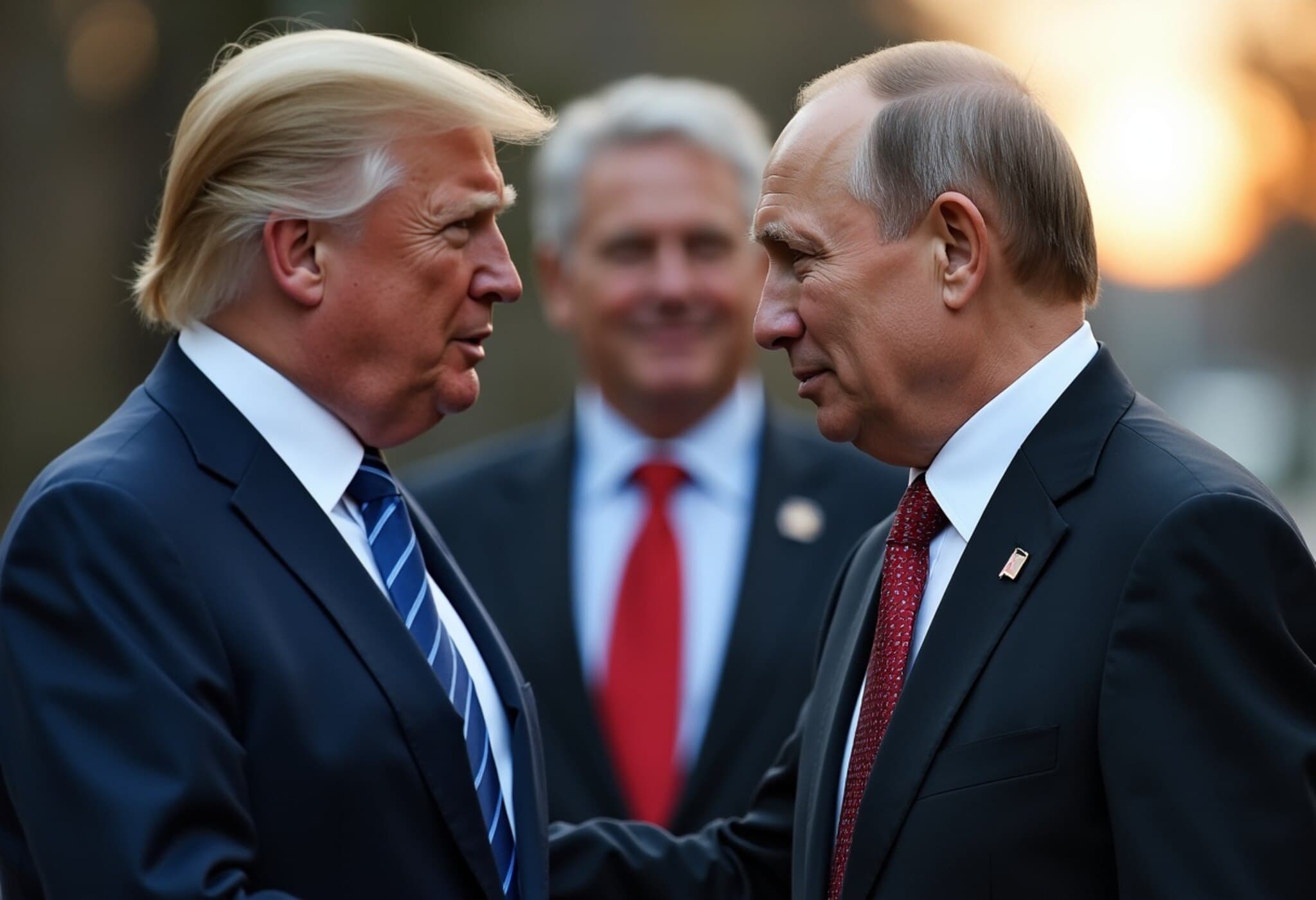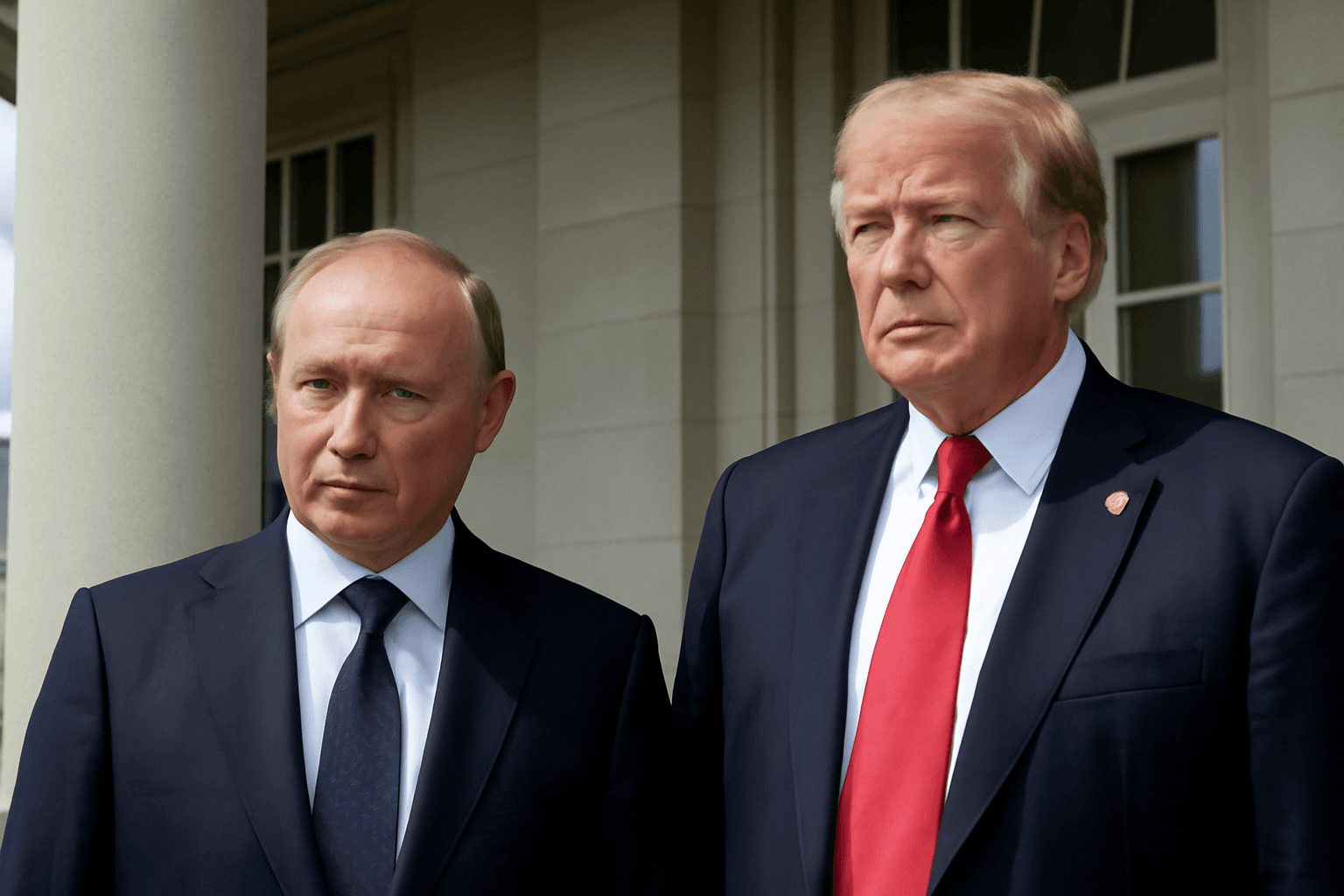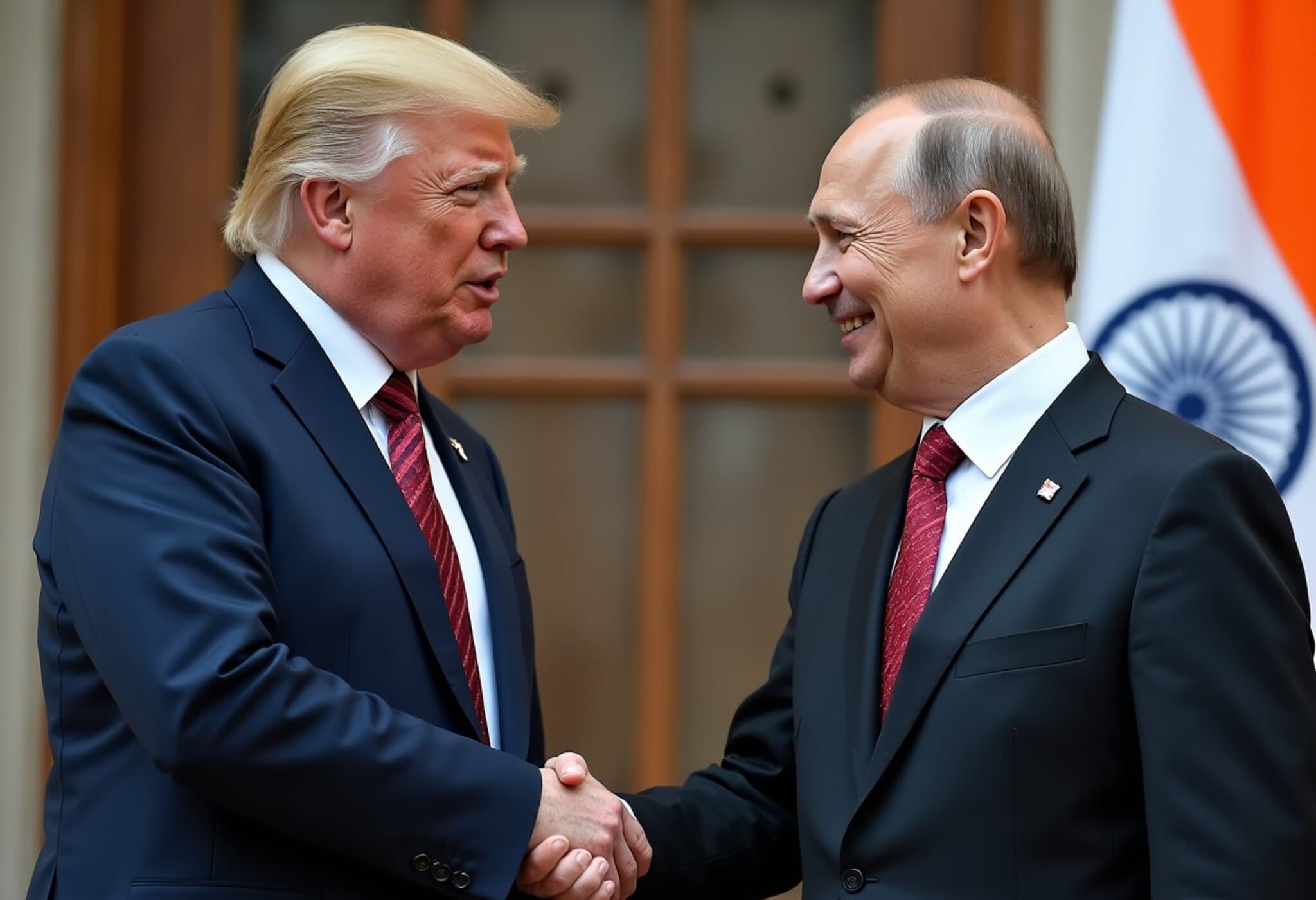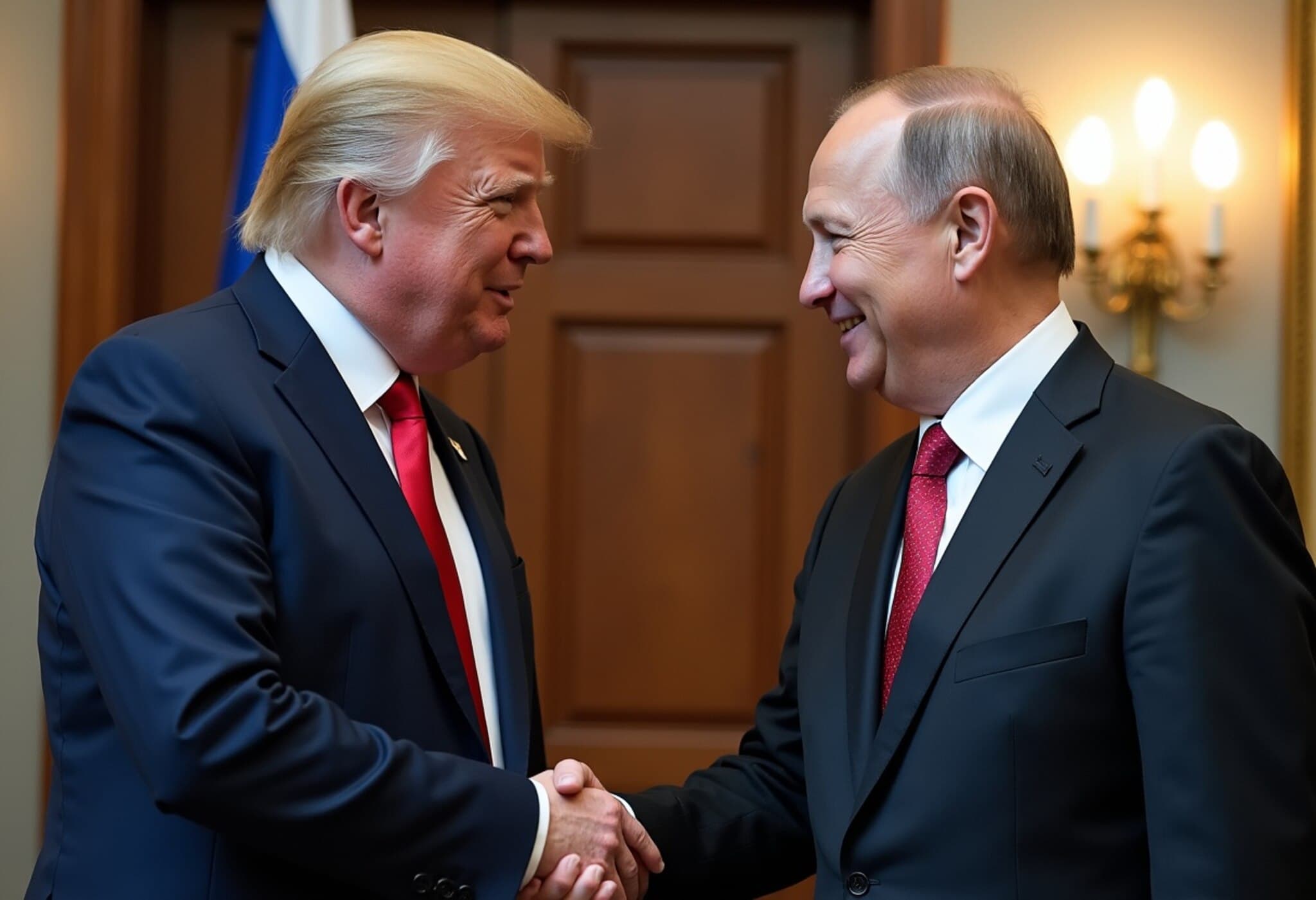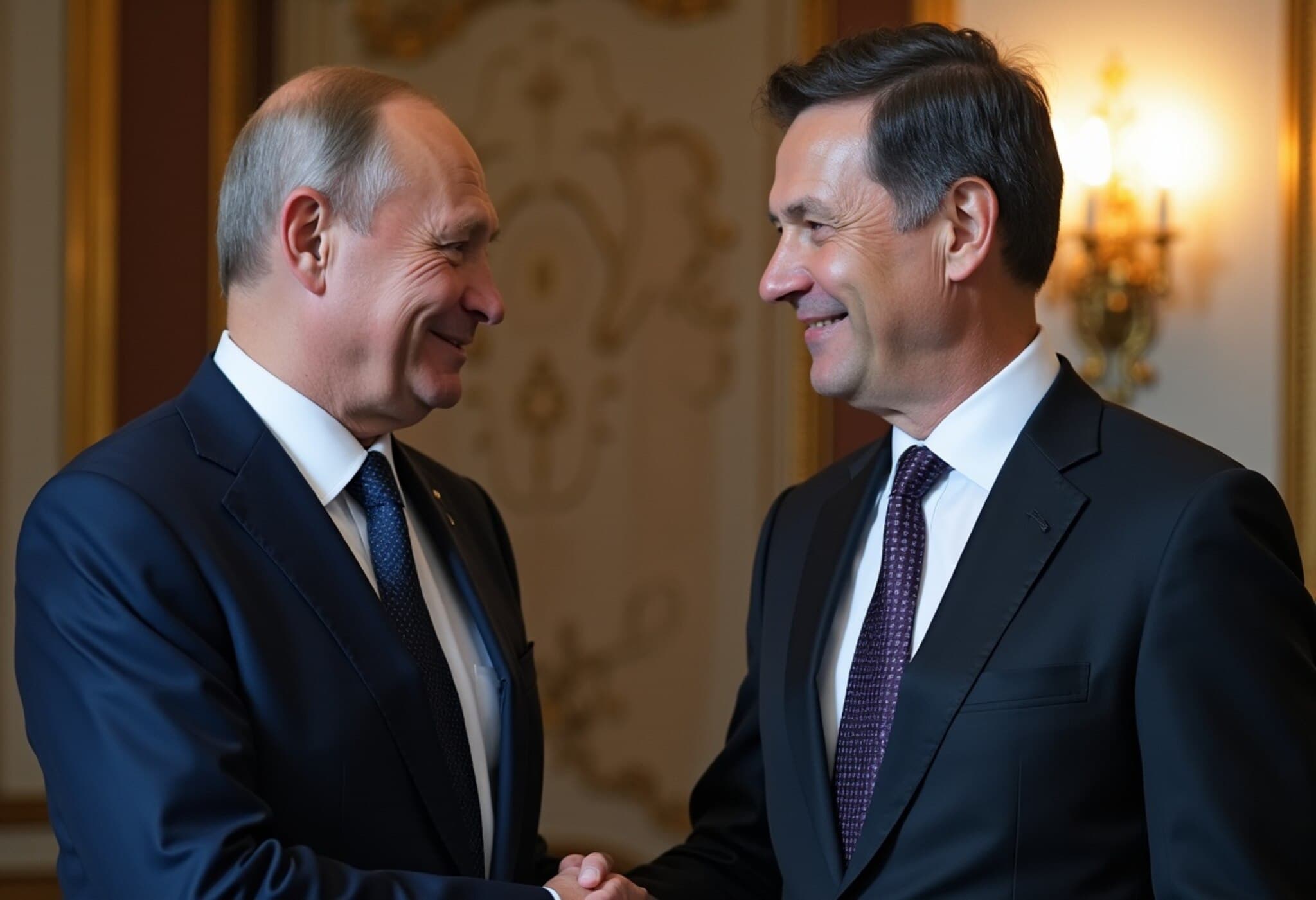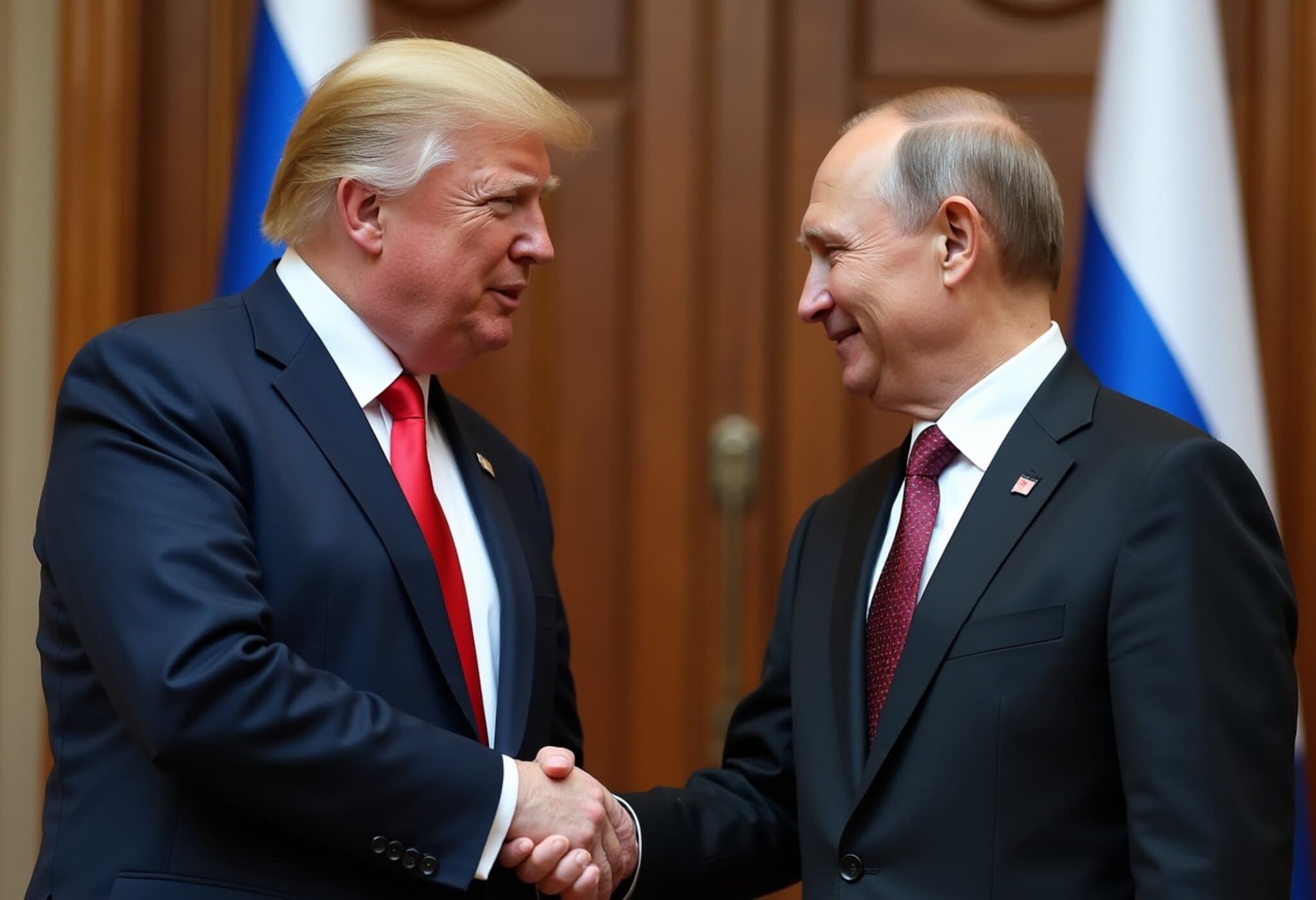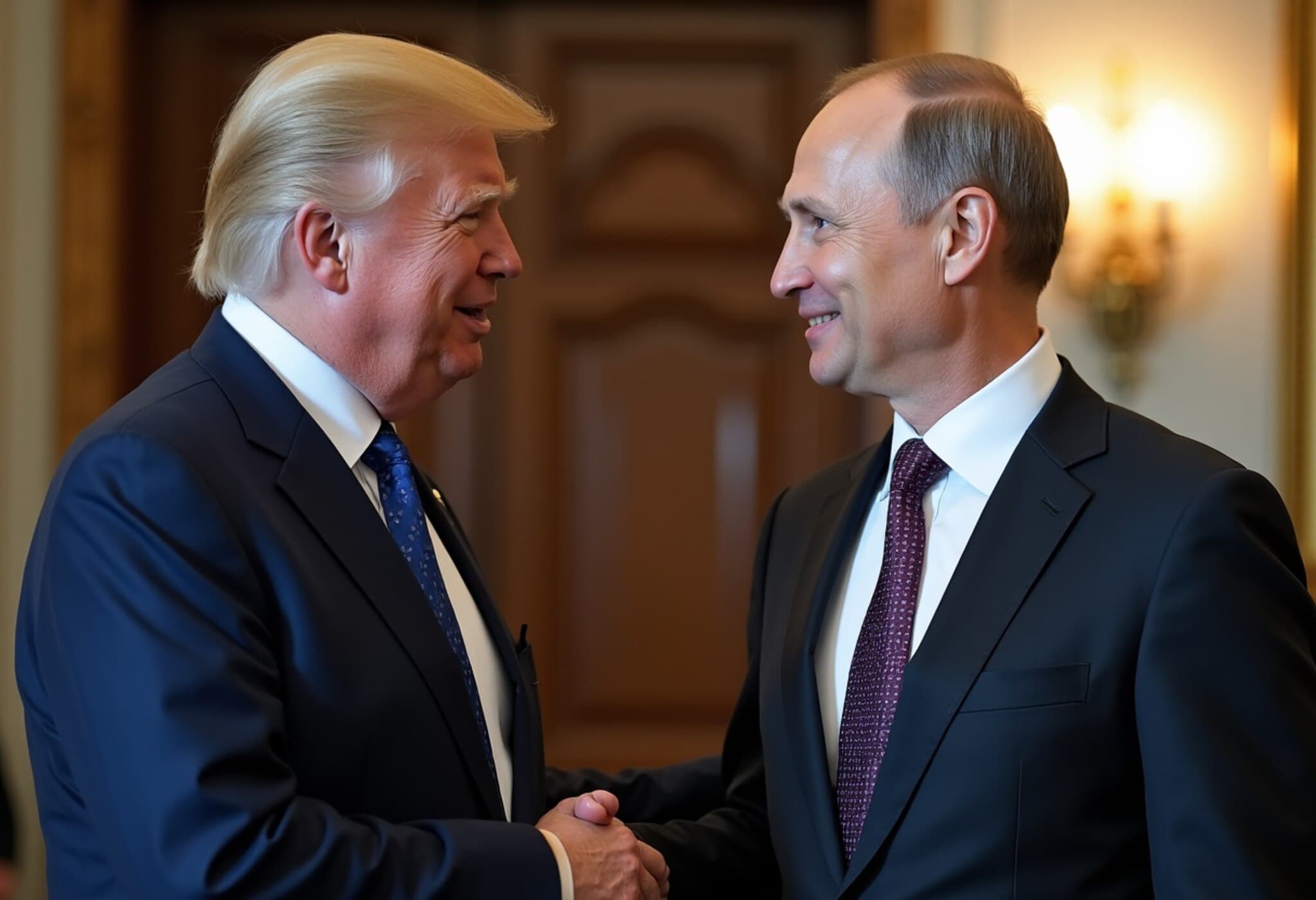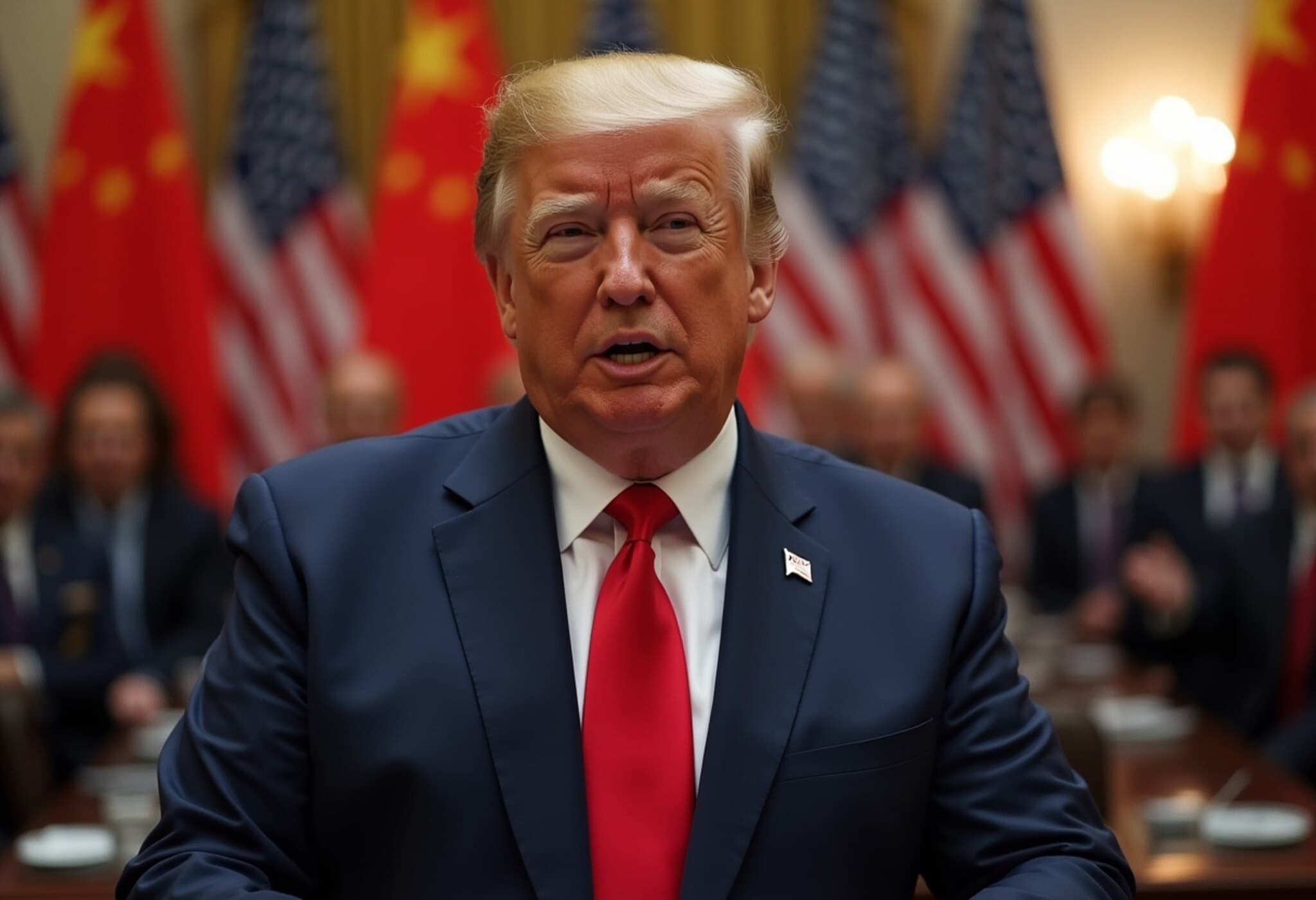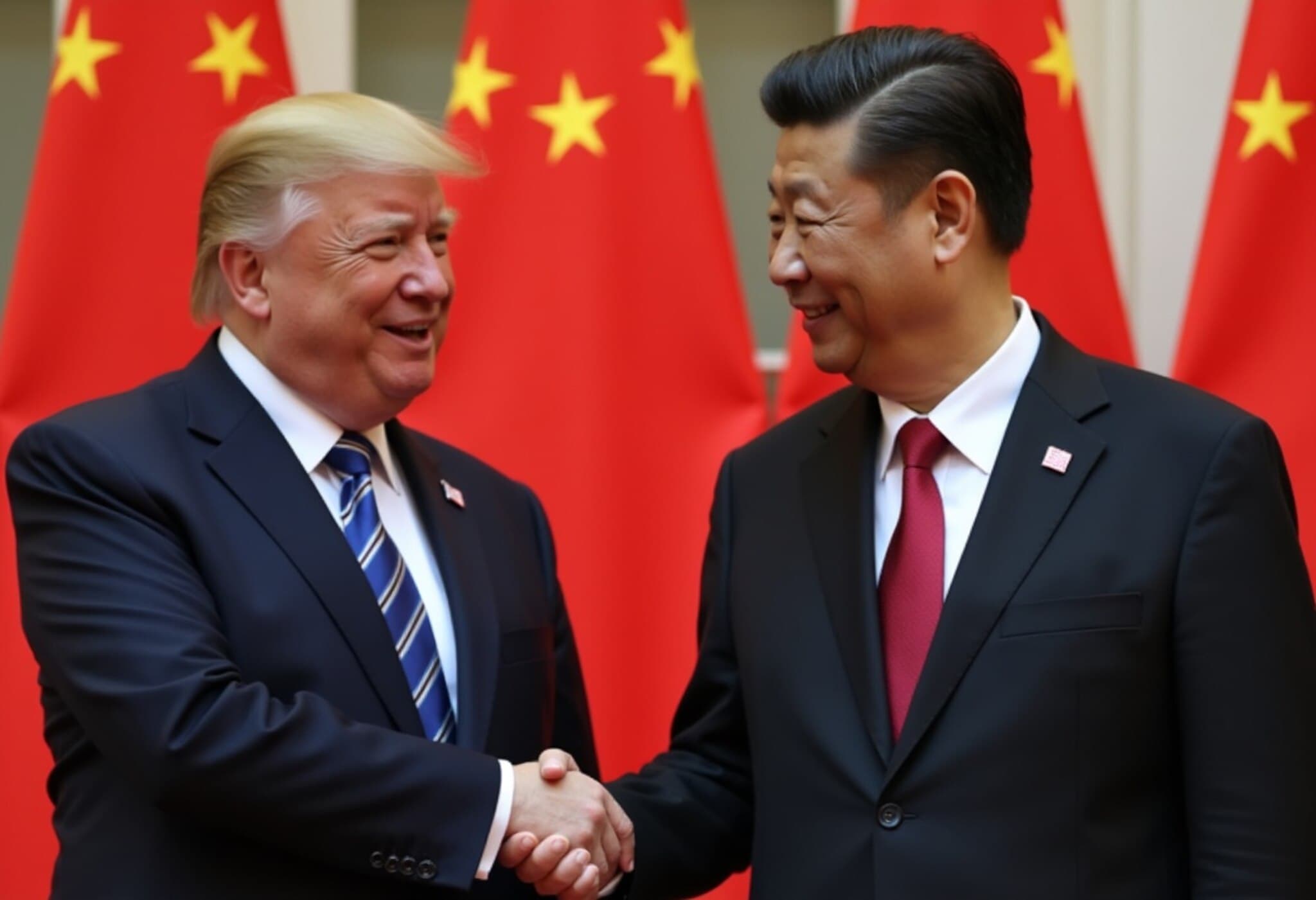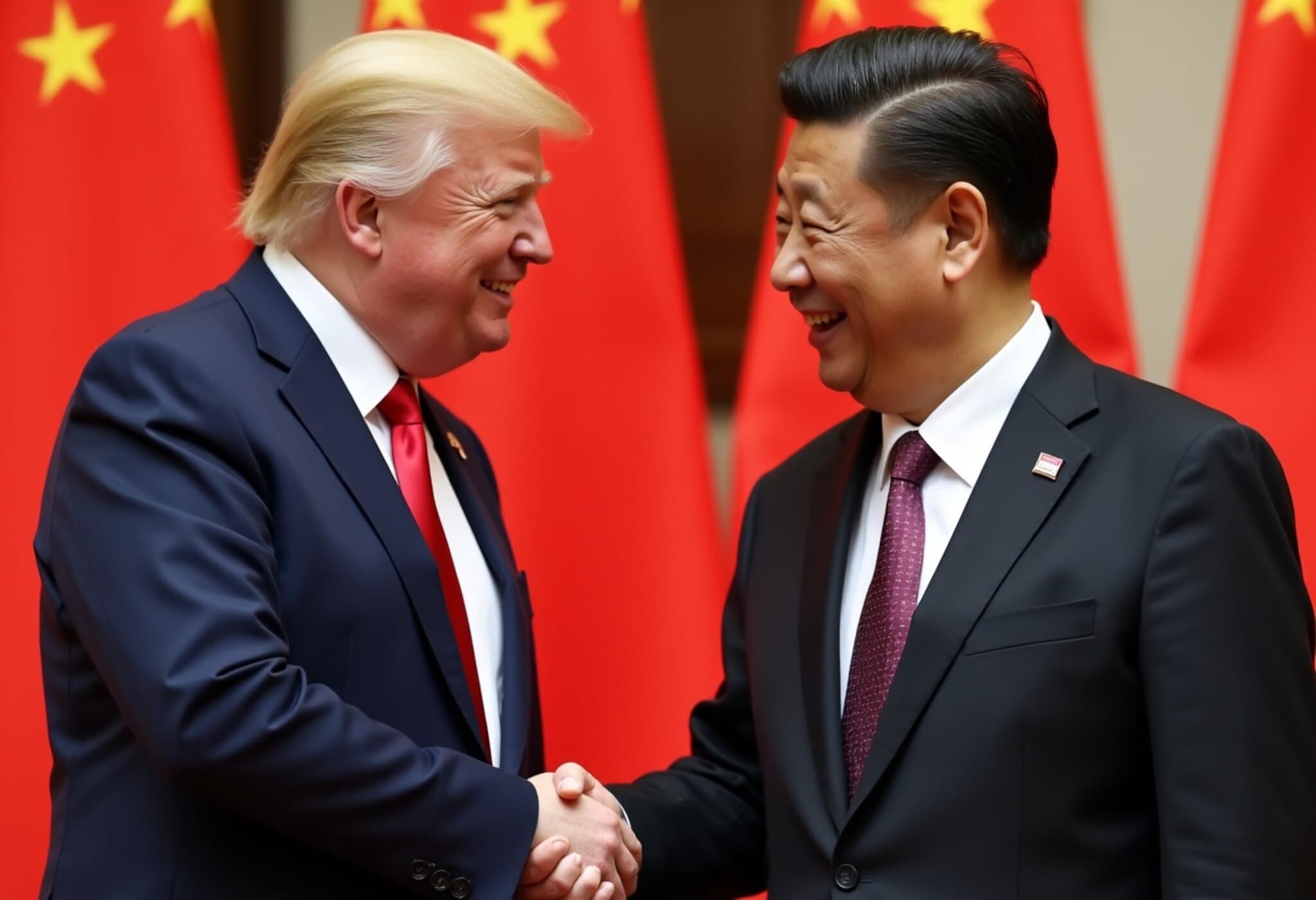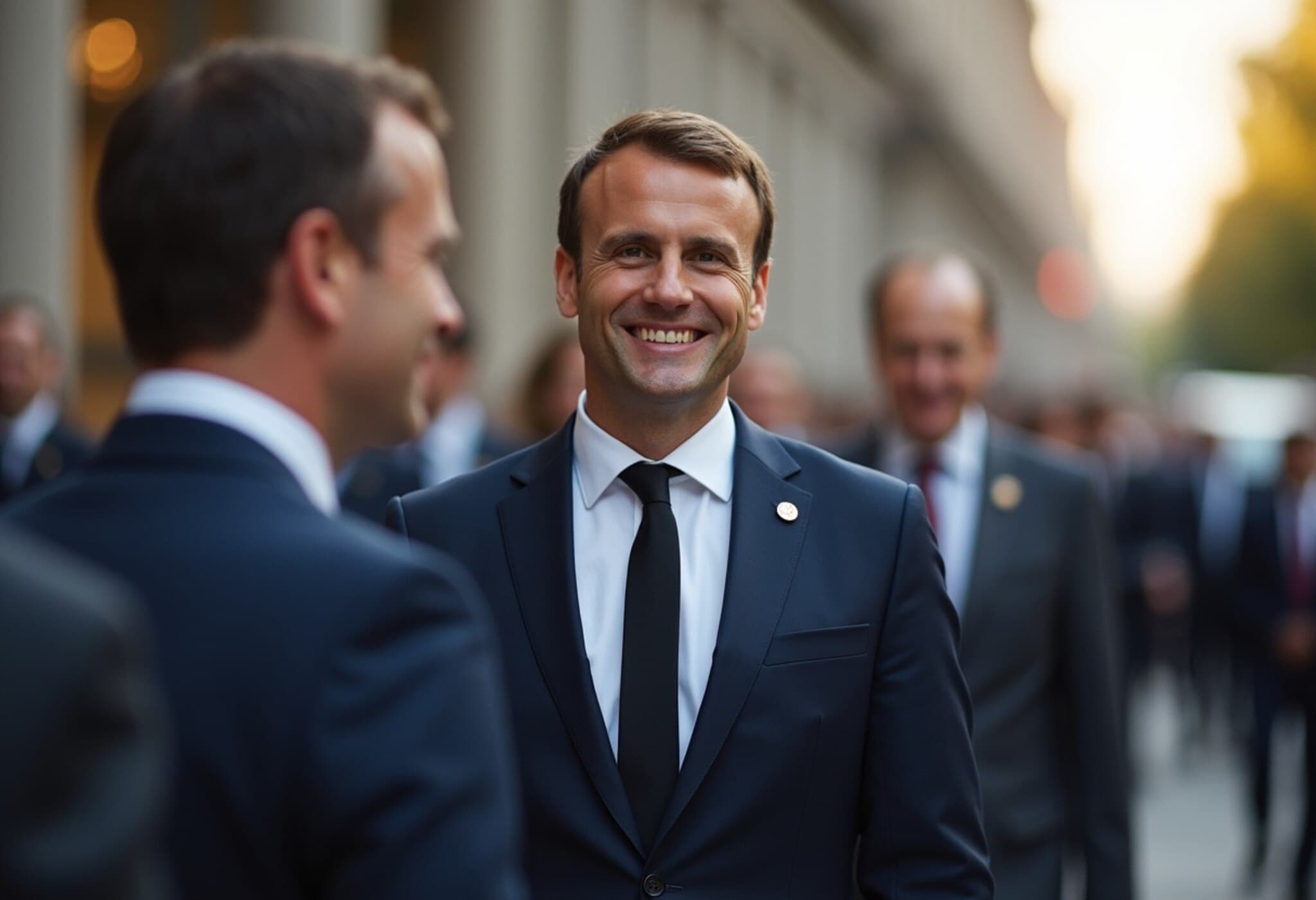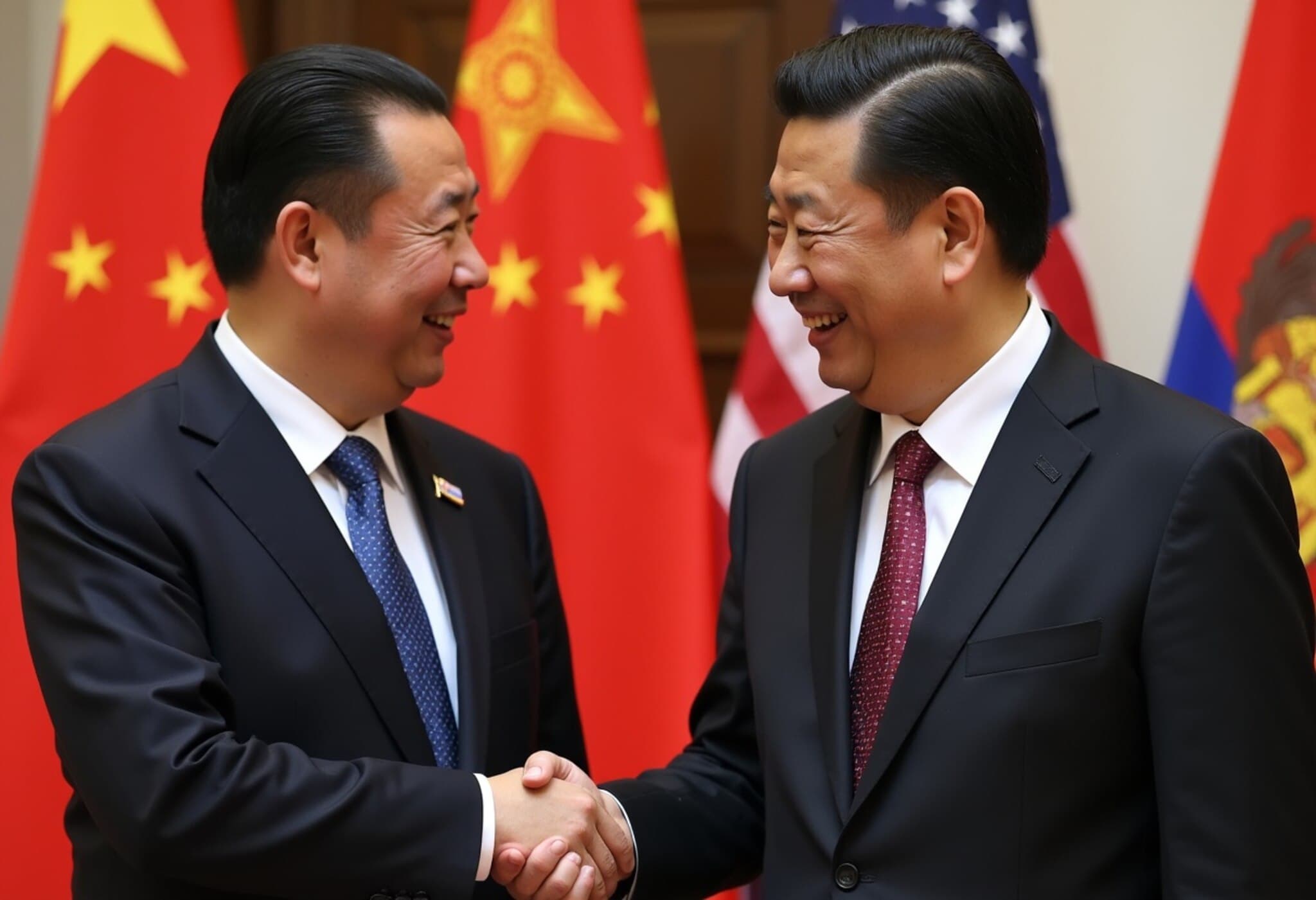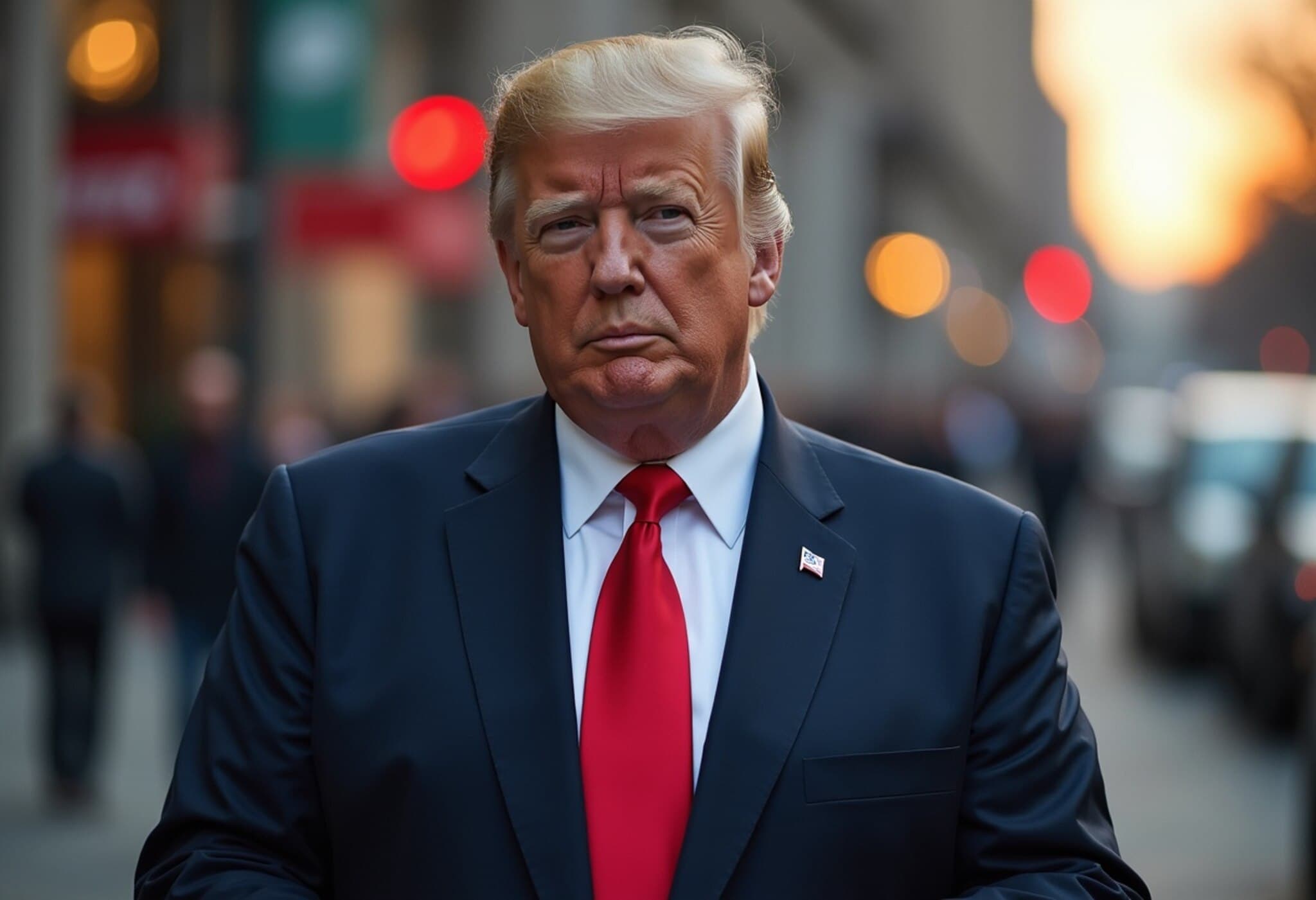The Shifting Power Dynamics at UNESCO
In a remarkable international pivot, China is increasingly steering the course of UNESCO’s agenda, as the United States once again retracts its financial support from the agency. This development signals a notable transformation in global cultural and technological governance, with Beijing filling the vacuum left by Washington’s retreat.
China’s Strategic Use of UNESCO for Soft Power
UNESCO—the United Nations Educational, Scientific and Cultural Organization—is globally renowned for designating must-visit cultural and historical sites, shaping educational policies, and now, influencing emerging tech standards such as artificial intelligence. Over recent years, China has intensified efforts to embed its culture and history firmly within UNESCO’s framework, utilizing the organization as a platform for expanding its global influence.
China’s ambitions are clear: it aims to surpass traditional cultural leaders like Italy by securing the highest number of UNESCO World Heritage sites. The recent inscription of the Xixia Imperial Tombs and other culturally significant landmarks plays into this larger strategy.
A document circulated within the Biden administration underscores this perspective, stating, “China views soft power as essential to expanding its global influence and UNESCO as key to establishing its culture and history as prominent on the world stage.”
Contested Heritage Amid Political Sensitivities
However, this cultural assertion is not without controversy. Several newly designated sites are located in politically sensitive areas such as Tibet and Xinjiang, where local populations view UNESCO recognition through a lens of Beijing’s tightening control rather than cultural celebration. This raises critical questions about UNESCO’s role: Is it championing universal heritage or indirectly validating geopolitical narratives?
UNESCO’s Expanding Reach into Artificial Intelligence
Beyond heritage, UNESCO is increasingly influential in setting global governance frameworks for artificial intelligence (AI). Its collaboration with Chinese tech giant iFlytek to develop educational programs across Asia and Africa illustrates Beijing’s dual use of cultural and technological diplomacy.
The appointment of a Chinese official as UNESCO’s Deputy Director General further cements China’s growing presence within the organization’s leadership, signaling a deepening entrenchment rather than a temporary surge.
The US Withdrawal: Historical Context and Consequences
The United States' turbulent relationship with UNESCO has spanned decades, marked by periodic funding withdrawals tied to political disagreements, including protests over perceived anti-Israel bias and the agency’s recognition of Palestine as a member.
Although the Biden administration initially reversed former President Trump’s withdrawal, citing concerns about China’s expanding influence as a motivation to reengage, the recent US exit potentially weakens America’s ability to counterbalance Beijing. This retreat leaves UNESCO more vulnerable to unilateral influence from China, risking a less pluralistic and more politically shared cultural narrative.
Implications for Global Cultural and Technological Leadership
The evolving scenario poses significant questions for policymakers, cultural custodians, and global citizens alike:
- How will UNESCO maintain objectivity and inclusivity in the face of growing political influence from major powers?
- Can the international community safeguard heritage sites and AI standards from becoming instruments of geopolitical ambition?
- What strategies should the US and its allies pursue to reassert their presence in multilateral institutions crucial for soft power projection?
UNESCO’s role transcends travel guidebook listings; it shapes how humanity collectively recognizes its history and envisages its future, particularly at the intersection of culture and cutting-edge technology.
Editor’s Note
This emerging power struggle within UNESCO highlights the broader geopolitics of influence and identity in the 21st century. China's assertive soft power campaign via UNESCO illustrates how cultural heritage and technological governance are now frontline arenas for global leadership contests. As the US steps back yet again, questions abound about the long-term consequences for global cooperation and the preservation of an unbiased international cultural commons.

